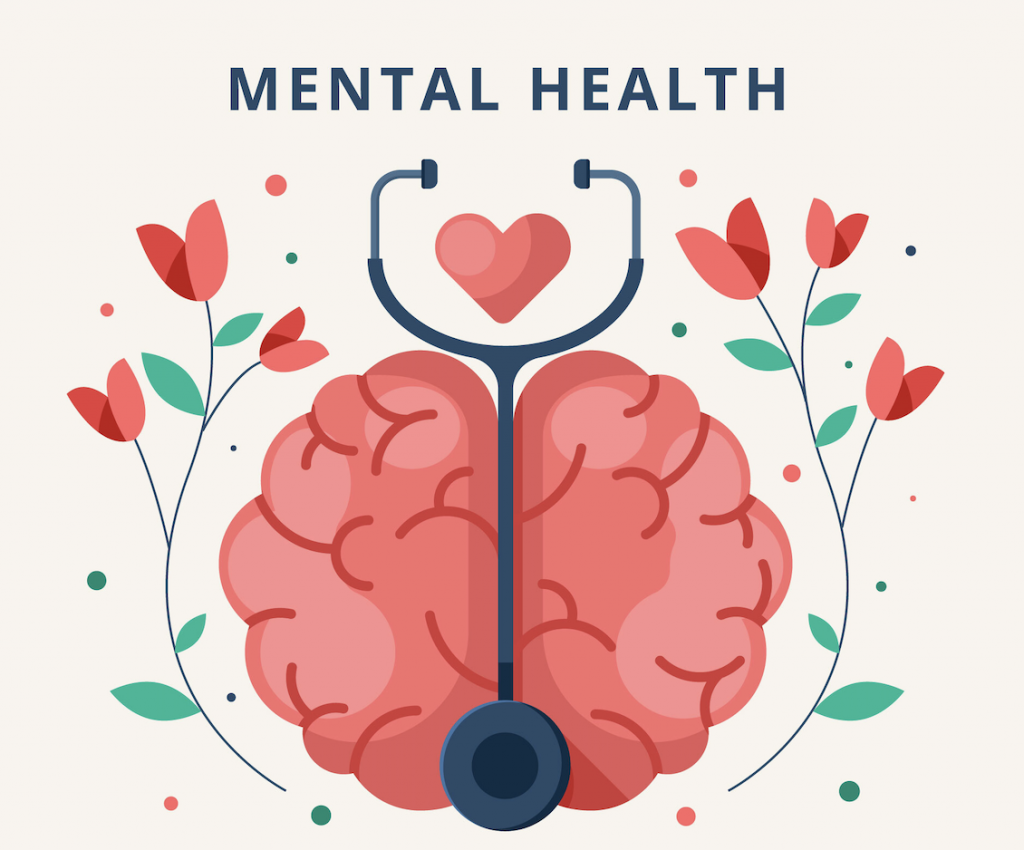Mental well-being is a fundamental aspect of our overall health, yet it often receives less attention compared to its physical counterpart. The state of our psychological health has a profound impact on our daily lives, influencing our emotions, thoughts, and behaviors. Understanding psychological health is crucial for unlocking the keys to a happy and fulfilling life.
Our psychological health encompasses a wide range of factors, including our emotional resilience, cognitive abilities, and the quality of our social connections. It involves the ability to effectively manage stress, regulate emotions, and maintain a positive mindset even in challenging circumstances. Psychological health is not just the absence of mental illness; it is a state of flourishing where individuals can thrive and reach their fullest potential.
In this article, we will explore the different aspects of psychological health and delve into the strategies that can lead to its enhancement. From recognizing and managing stress to building strong support networks, we will uncover the key ingredients for fostering psychological well-being. So let us embark on this journey together, unraveling the mysteries of our minds and empowering ourselves to lead happier and healthier lives.
The Importance of Psychological Health
Psychological health plays a crucial role in our overall well-being. It encompasses our emotional, cognitive, and behavioral aspects, influencing how we think, feel, and behave in our daily lives. Without good psychological health, we may struggle to cope with stress, maintain healthy relationships, and navigate the ups and downs of life.
When we prioritize our psychological health, we enhance our ability to handle life’s challenges. It allows us to develop resilience, enabling us to bounce back from setbacks and difficult situations. Moreover, psychological health promotes self-awareness, helping us recognize and understand our emotions, thoughts, and behaviors. By cultivating this awareness, we become better equipped to manage our reactions and make healthier choices for ourselves.
Additionally, psychological health lays the foundation for fulfilling relationships and meaningful connections with others. When we take care of our mental well-being, we are more likely to engage in effective communication, empathy, and active listening. These qualities contribute to stronger social bonds and increased satisfaction in our interactions with friends, family, and colleagues.
In conclusion, recognizing and prioritizing our psychological health is vital for leading a fulfilling and balanced life. It allows us to navigate life’s challenges with resilience, fosters self-awareness, and promotes healthier relationships. By understanding the importance of psychological health, we can take proactive steps to nurture and maintain our well-being.
Factors Affecting Psychological Well-being
-
Social Support:
Having a strong network of family, friends, and other supportive relationships is crucial for psychological health. Social support provides emotional assistance, practical help, and a sense of belonging, all of which contribute to overall well-being. Having people to share our joys and sorrows with can help alleviate stress, reduce feelings of loneliness, and enhance our mental resilience. 
Mind-Body Connection:
Our physical health and mental well-being are deeply interconnected. Maintaining a healthy lifestyle through regular exercise, proper nutrition, and sufficient sleep can positively impact our psychological health. Physical activity releases endorphins, which are natural mood enhancers, while a balanced diet and adequate sleep ensure optimal brain function, reducing the risk of mood disorders and cognitive decline.-
Environmental Factors:
Our surroundings play a significant role in shaping our psychological well-being. Living in a safe, clean, and supportive environment can foster a positive mindset and overall happiness. On the other hand, exposure to environmental stressors, such as pollution or noise, can negatively affect our mental health. Creating a harmonious and nurturing environment both at home and in the workplace is essential for promoting psychological well-being.
Remember, these are just a few factors that can influence our psychological health. It’s important to address and nurture these areas in order to unlock the keys to mental well-being.
Strategies for Improving Mental Well-being
-
Prioritize self-care: Taking care of oneself is crucial for maintaining good mental well-being. This can involve engaging in activities that bring joy and relaxation, such as reading, practicing mindfulness, or pursuing hobbies. It is important to set aside dedicated time each day for self-care, even if it’s just a few minutes, to recharge and rejuvenate.
-
Foster healthy relationships: Building and nurturing positive relationships with family, friends, and supportive individuals can significantly contribute to psychological health. Make an effort to connect with loved ones regularly, whether through phone calls, social gatherings, or quality time spent together. Surrounding oneself with people who provide a sense of belonging and support can have a profound impact on mental well-being.
-
Practice stress management techniques: Stress can take a toll on mental health, but learning effective stress management techniques can help minimize its impact. Experiment with various strategies such as deep breathing exercises, regular physical activity, or journaling to cope with stress. Creating a routine that incorporates stress-relieving activities can greatly contribute to a healthier state of mind.
Remember, improving mental well-being is a continuous process, and different strategies work for different people. By prioritizing self-care, fostering healthy relationships, and practicing stress management techniques, individuals can take significant steps towards unlocking the keys to psychological health.
